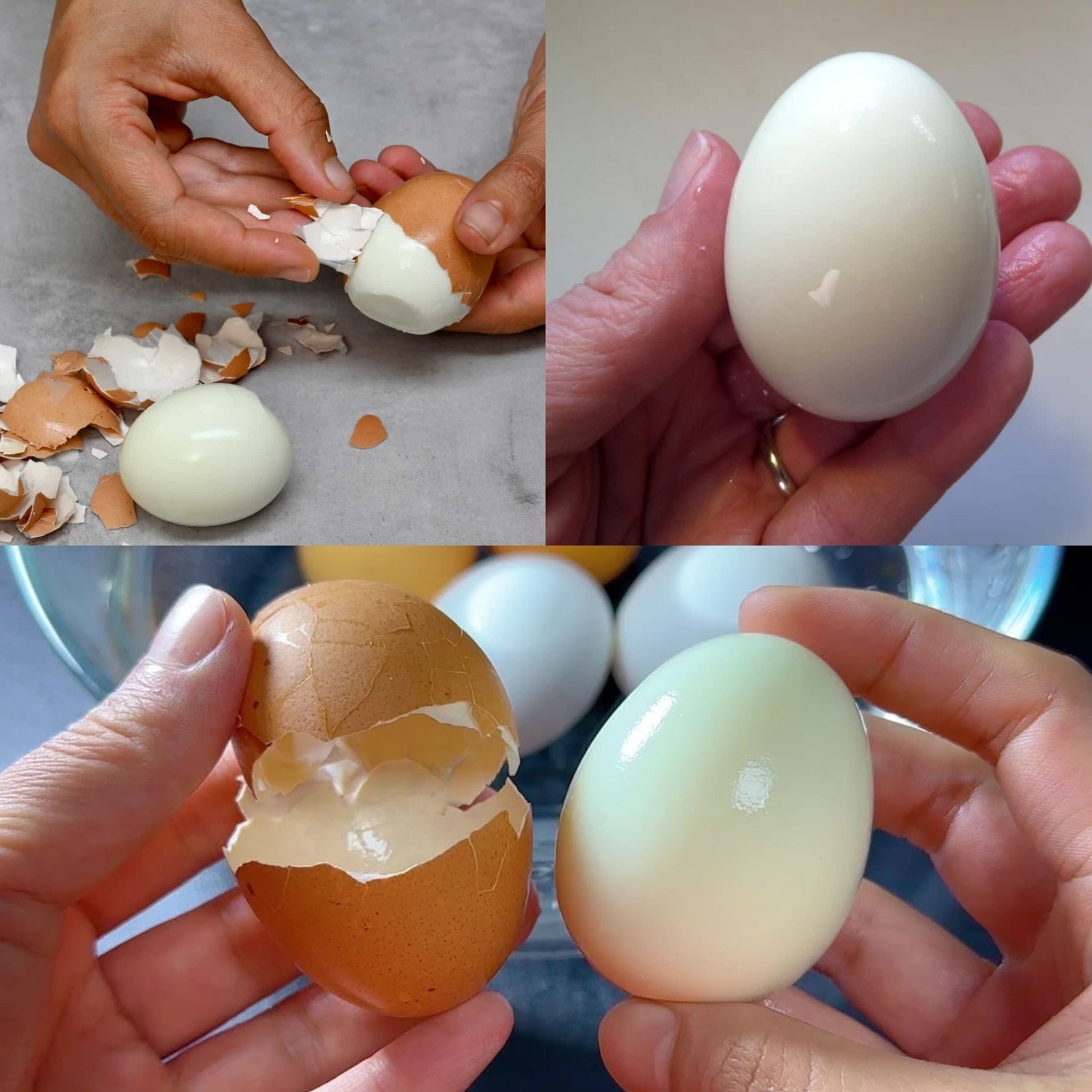ADVERTISEMENT
How to Cook Eggs Perfectly: The Hot Water Method
Eggs are a staple in many households, loved for their versatility and nutritional value. Whether you’re making scrambled eggs, omelets, or simply boiling them, knowing how to cook eggs perfectly can elevate your dishes and make your meal experience that much more enjoyable. But even with eggs as simple as they are, there’s still a bit of a learning curve to getting them just right.
One method that stands out for perfect boiled eggs, especially when aiming for that ideal soft or hard-boiled consistency, is the hot water method. This method ensures you get eggs with the perfect texture every time, with no grey ring around the yolk, no cracks in the shell, and no overcooked centers.
In this article, we’ll walk you through the process of cooking eggs perfectly using hot water, so you can enjoy eggs just the way you like them!
Why Use the Hot Water Method for Boiling Eggs?
The traditional method of boiling eggs involves placing them in cold water, bringing it to a boil, and then letting them cook for a set time. While this method works for some, it can often lead to overcooked eggs, especially if you’re not careful with the timing. The hot water method, however, helps to achieve more consistent results by starting with pre-heated water, and it can be a game-changer for those seeking a smoother, more controlled cooking process.
Benefits of the Hot Water Method:
- Consistent results: By starting with hot water, the eggs cook more evenly, giving you better control over texture.
- Easier peeling: The hot water method often results in eggs that are easier to peel, particularly when they are hard-boiled.
- No overcooking: This method allows you to avoid the dreaded grey-green ring around the yolk that often occurs with overcooking.
How to Cook Eggs Perfectly Using Hot Water
Follow these simple steps for perfectly cooked eggs every time. Whether you prefer soft-boiled, medium-boiled, or hard-boiled eggs, this method ensures great results.
Step 1: Prepare Your Eggs and Equipment
- Eggs: Fresh eggs are ideal, though eggs that are a few days old tend to be easier to peel after boiling.
- Saucepan: A medium-sized saucepan with a lid.
- Tongs or a slotted spoon: These will help you gently lower and remove the eggs from the water.
- Timer: For precise cooking times based on your preference.
Step 2: Boil the Water
- Fill the saucepan with water, making sure it’s enough to cover the eggs by about an inch or two.
- Bring the water to a boil over medium-high heat. This is the key difference with the traditional method — instead of starting with cold water, you’re using water that’s already hot.
Step 3: Add the Eggs
- Once the water has come to a rolling boil, use tongs or a slotted spoon to gently lower the eggs into the water, one at a time. Be careful not to crack the eggs by dropping them in too quickly.
- Reduce the heat to a low simmer, keeping the water at a gentle boil. You don’t want to have violent bubbles, as this can cause the eggs to crack.
Step 4: Set Your Timer
Depending on how you like your eggs, the cooking time will vary:
- Soft-boiled eggs (runny yolk): Cook for about 4-5 minutes.
- Medium-boiled eggs (slightly soft yolk): Cook for about 6-7 minutes.
- Hard-boiled eggs (firm yolk): Cook for about 9-12 minutes.
You can adjust the time slightly depending on your specific preferences. For example, if you prefer your hard-boiled eggs slightly creamier in the center, aim for the lower end of the 9-minute range.
For Complete Cooking STEPS Please Head On Over To Next Page Or Open button (>) and don’t forget to SHARE with your Facebook friends
ADVERTISEMENT
